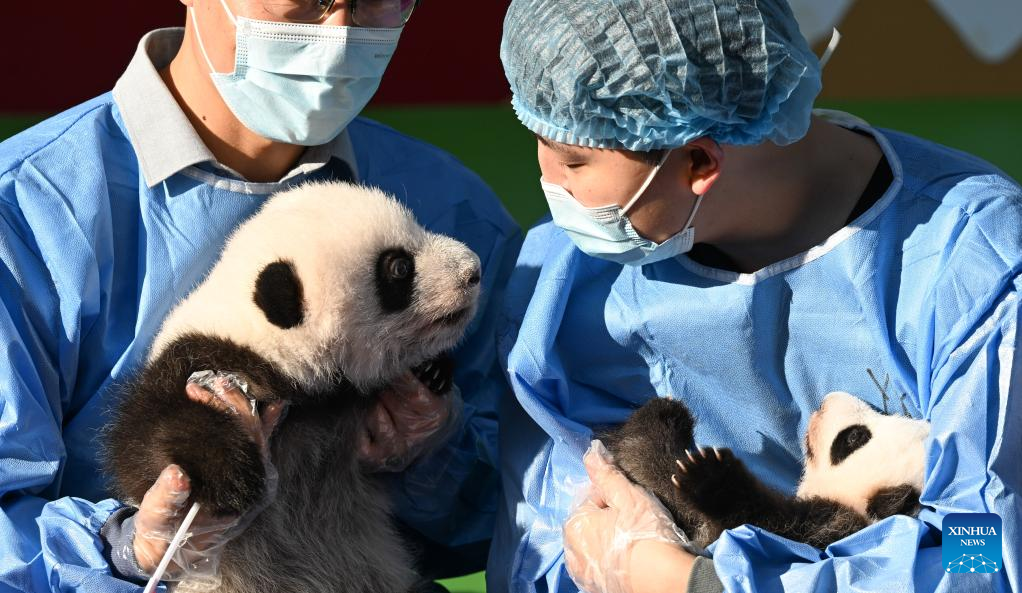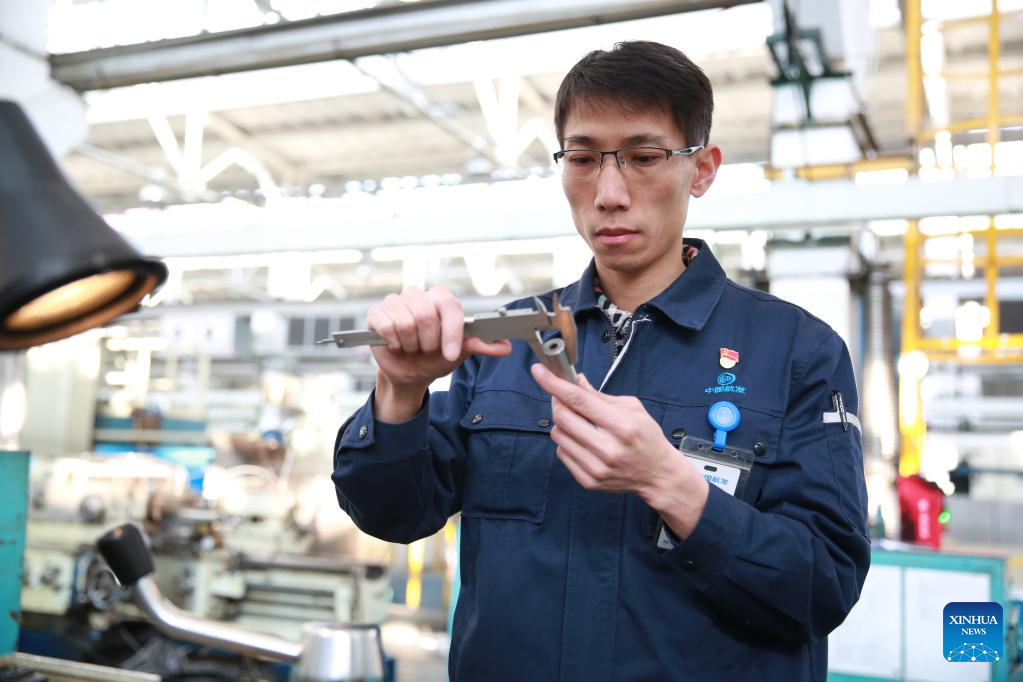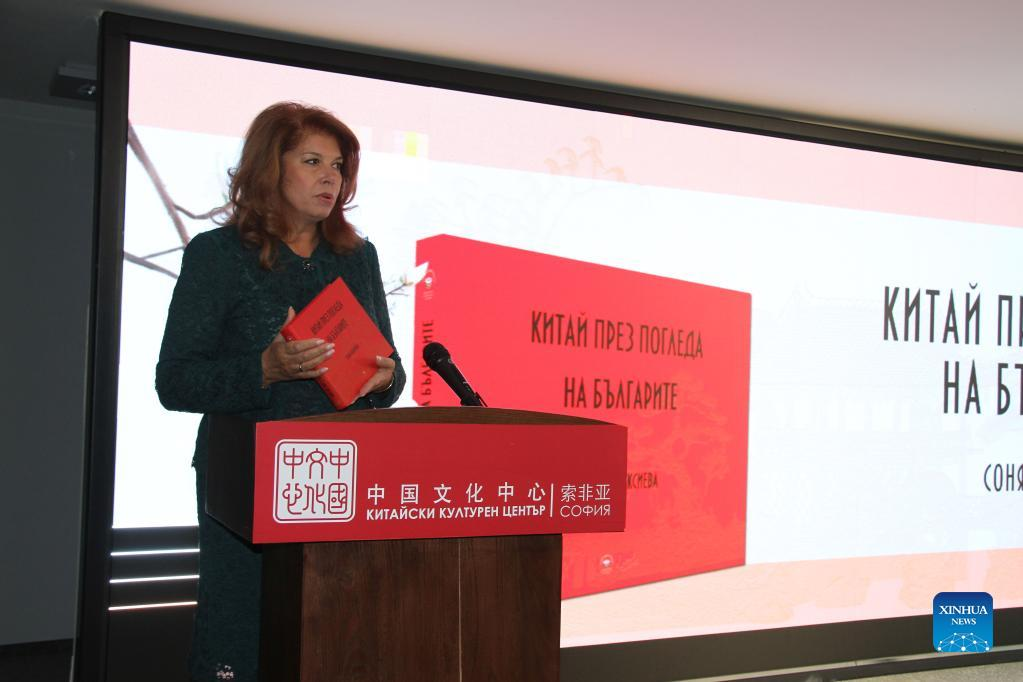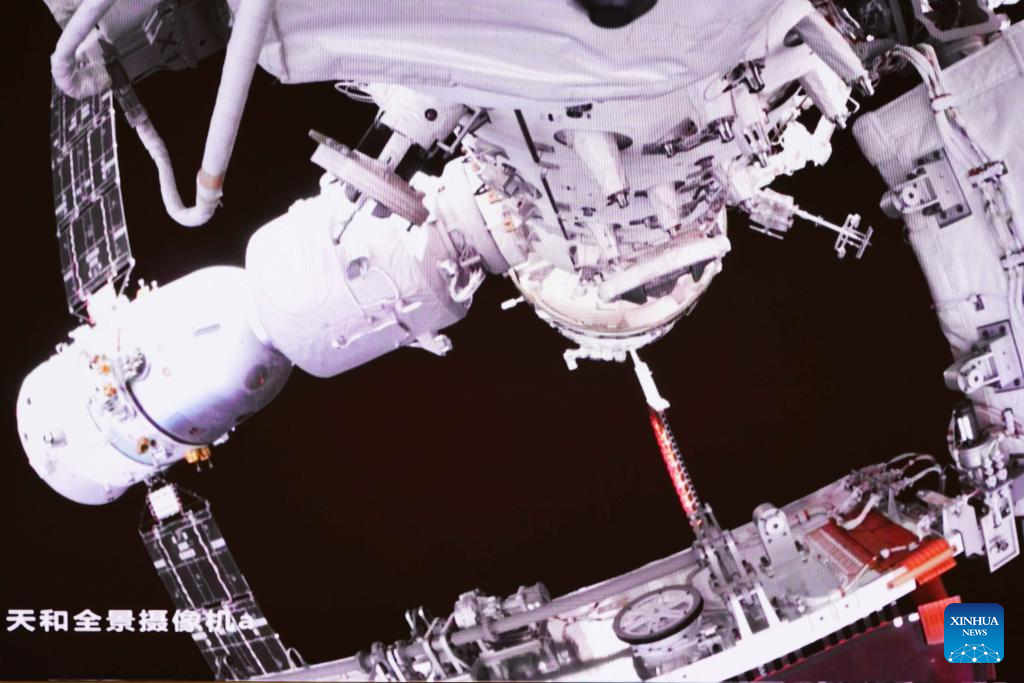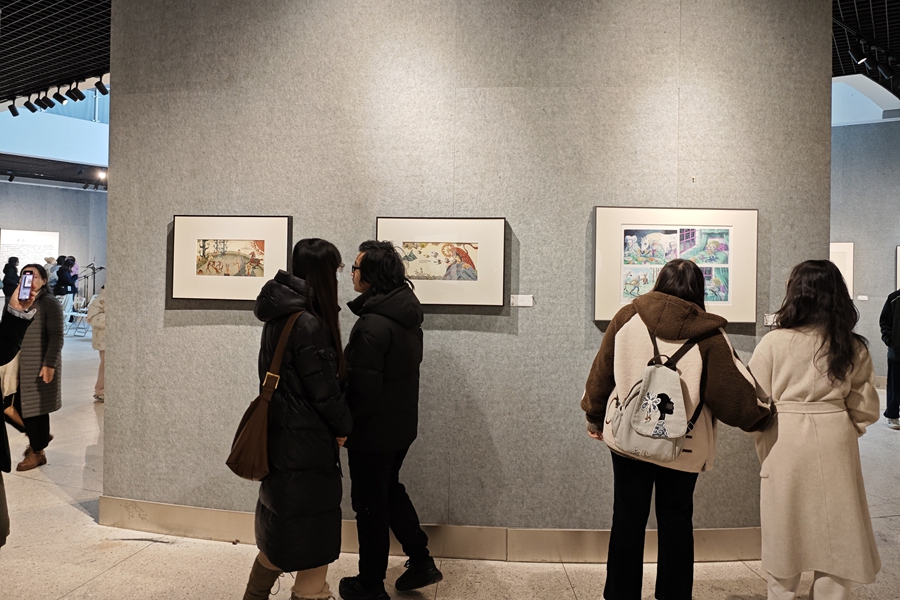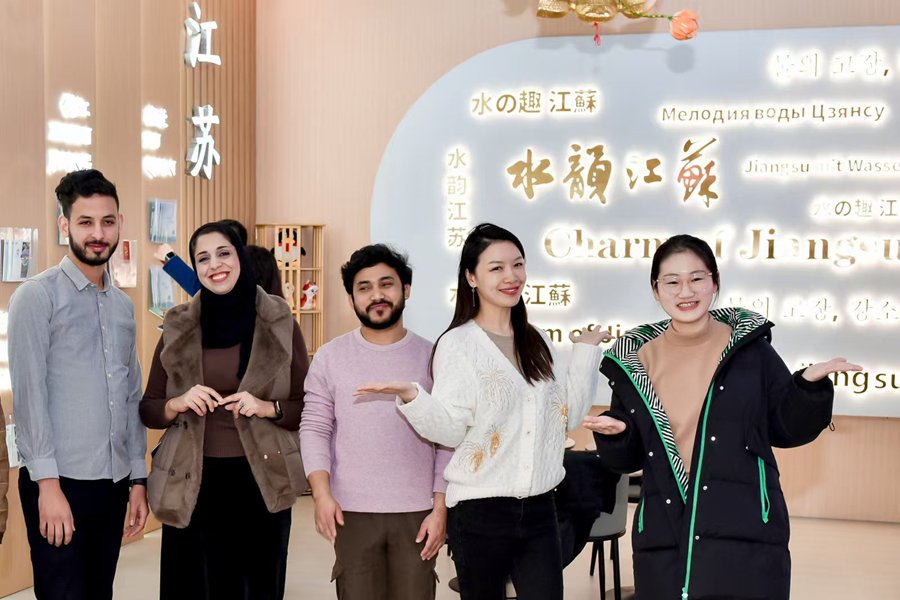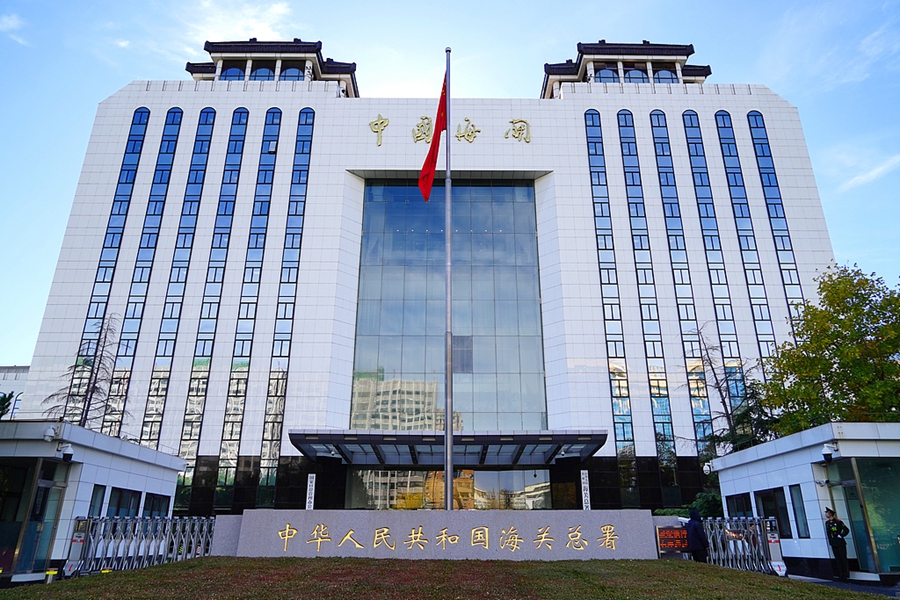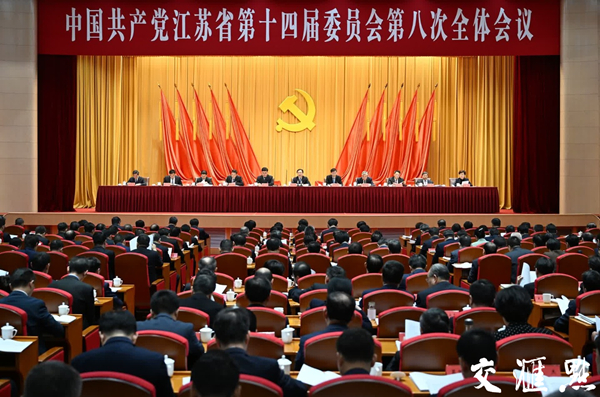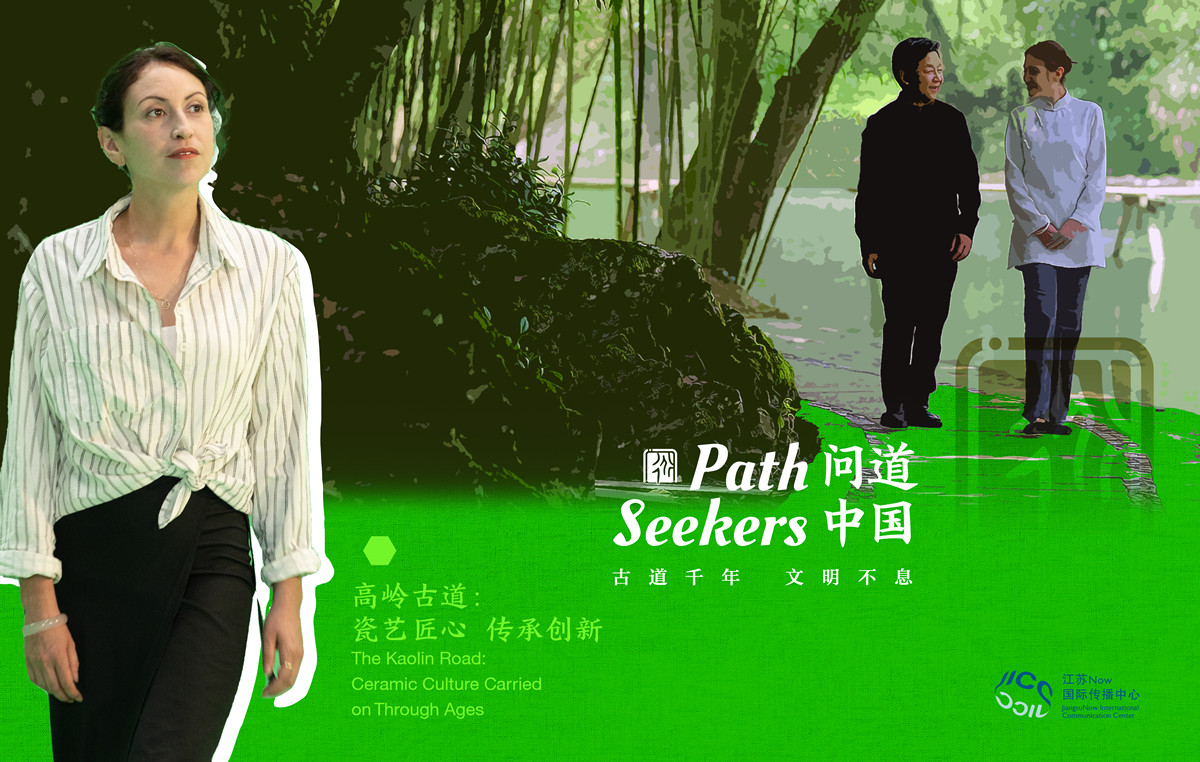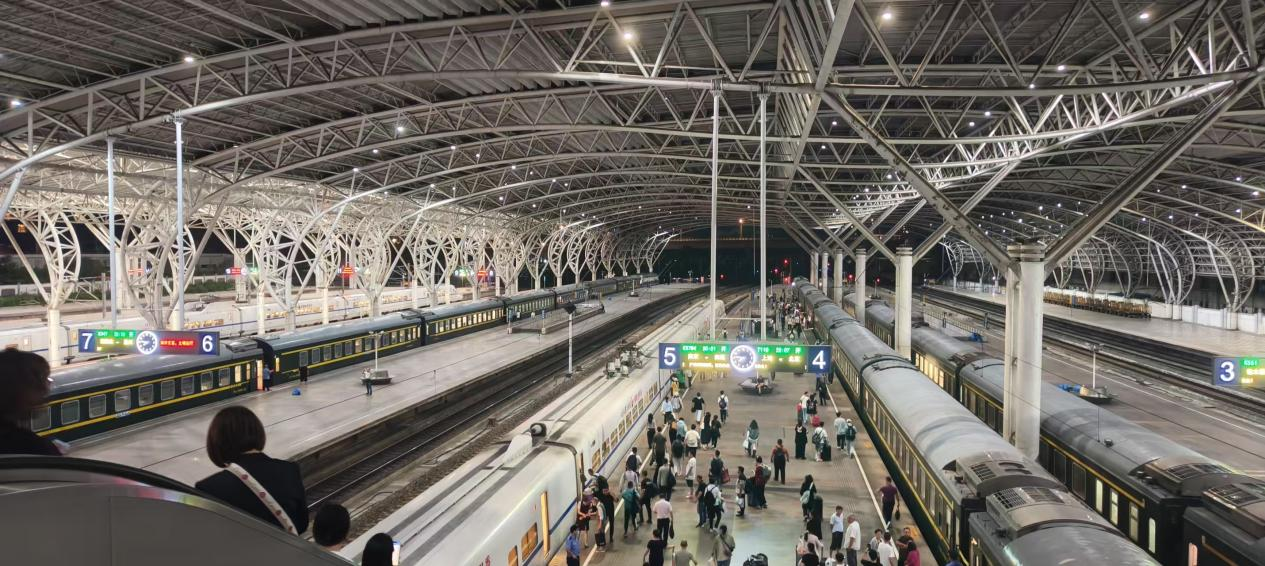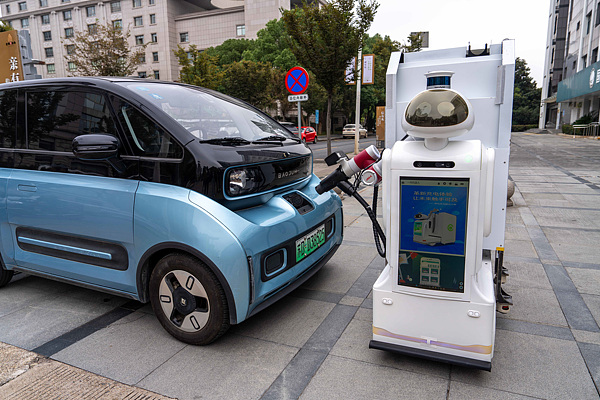
(CFP)
BEIJING, Oct. 30 (Xinhua) -- The European Union's (EU) decision to impose definitive countervailing duties on Chinese-made electric vehicles (EVs) for a period of five years has sparked strong opposition, with China calling the move "unfair, unreasonable and unobjective."
In a statement on Wednesday, the China Chamber of Commerce for Import and Export of Machinery and Electronic Products (CCCME), on behalf of the Chinese automotive industry, expressed "great regret" over the decision to impose anti-subsidy tariffs on electric vehicles originating in China.
Starting Wednesday, these tariffs will apply with varying rates for different companies: 17 percent for BYD, 18.8 percent for Geely, and 35.3 percent for SAIC. Other cooperating firms will be subject to a 20.7 percent duty, while non-cooperating companies will have a duty rate of 35.3 percent, according to the European Commission.
Following a substantiated request for an individual review, U.S. EV maker Tesla, which also manufactures vehicles in China, will face a duty of 7.8 percent, the commission noted.
The CCCME said the European Commission failed to rectify its "incorrect findings" in the final ruling on the imposition of definitive duties against Chinese EVs, and there was a serious lack of transparency in the procedure, adding that the move seriously violates relevant World Trade Organization (WTO) and EU anti-subsidy rules.
The China Association of Automobile Manufacturers (CAAM) also expressed disagreement with the decision in a statement on Wednesday. The decision, which is not objective and extremely unfair to China's auto companies, is deemed unacceptable, the CAAM said.
The CAAM stressed that the imposition of tariffs not only violates the fundamental principles of free trade and fair competition, but also undermines cooperation between the Chinese and European automotive industries, as well as green and low-carbon transition.
Earlier on Wednesday, a Ministry of Commerce (MOC) spokesperson said China does not approve of or accept the European Commission's decision to impose extra tariffs on Chinese EVs.
China has repeatedly pointed out that the EU's anti-subsidy investigation into Chinese EVs is irrational, fraught with numerous non-compliance issues, and is a protectionist move under the guise of "fair competition," the MOC said.
China has already appealed to the WTO's dispute settlement mechanism over the issue, and will continue to take all necessary measures to safeguard the legitimate rights and interests of Chinese enterprises, the MOC spokesperson noted.
Chinese carmaker SAIC Motor, which has been slapped with a duty rate of 35.3 percent by the European Commission, said that it plans to file a lawsuit at the Court of Justice of the European Union challenging the decision.
According to the carmaker, the European Commission made errors in identifying subsidies during its probe, ignored key facts and arguments presented by SAIC, and inaccurately presumed subsidy rates for several items.
The company said that the extra tariffs will only raise costs for European car buyers and impede the widespread adoption of EVs, adding that it is taking steps to adapt to trade barriers, including intensifying efforts to introduce new car models with various power systems to the European market and expanding its product lineup under the MG brand.
NEW PHASE OF CONSULTATIONS
While announcing the imposition of duties on Tuesday, the European Commission said the EU and China are continuing to work toward finding alternative, WTO-compatible solutions that would be effective in addressing the problems identified by the investigation, adding that it remains open to negotiations on price undertakings.
Noting that the EU remains open to continuing discussions on price commitments for Chinese-made EVs, the MOC spokesperson said that China always advocates for resolving trade disputes through dialogue and consultation, and has made every effort to achieve this.
Currently, technical teams from both sides are engaged in a new phase of consultations. It is hoped that the European side will work constructively with China, follow the principles of "pragmatism and balance" and take into account each other's core concerns, and strive to reach a mutually acceptable solution as soon as possible to avoid an escalation of trade frictions, according to the MOC.
The CAAM voiced the hope that both sides will continue to engage in dialogue and consultations to maintain the steady operations of global automotive industrial and supply chains.
The CCCME, meanwhile, has expressed the hope that the EU would approach the consultations with the utmost sincerity and reach a balanced solution acceptable to both sides as soon as possible.


